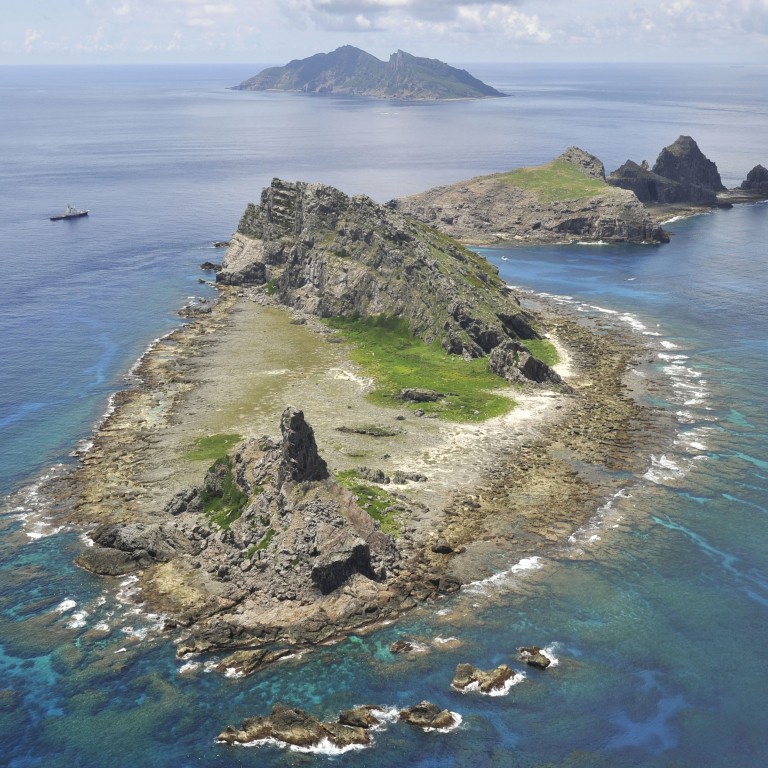
‘Not a joint drill’: Chinese frigate ‘sent to monitor Russian warship’ near Diaoyus
- Activity not part of any joint Russia-China exercises but to prevent misunderstanding, Chinese analyst says
- Russia’s presence meant to send a message to Japan and will complicate conditions, observers say
Japan controls the uninhabited islands, which are also claimed by China.
But Kyodo quoted a Japanese Ministry of Defence source as saying that this time the Chinese frigate was deployed to chase the Russian ship.
The ministry said it was “an apparent attempt to demonstrate to others that Beijing has sovereignty over the Tokyo-controlled islets” by “chasing and monitoring Russian warship moves” in the area.
Beijing-based military expert Zhou Chenming agreed that Monday’s incident “had nothing to do” with China-Russia cooperation.
“The People’s Liberation Army didn’t send any warships to form a joint flotilla with any Russian warships this time,” said Zhou, a researcher at the Yuan Wang military science and technology institute.
“The Russian warship was a foreign vessel intruding into Diaoyu waters, so the Chinese frigate needed to intercept it and keep watch. The PLA Navy takes the same approach in dealing with all foreign vessels.”
He said the interception was designed to prevent misunderstanding and misjudgment because the “Russian warship was supposed to alert their PLA counterpart if it was going to sail into the sensitive waters”.
Japan raps China, Russia warships’ ‘show of force’
The incident prompted Japan to lodge a protest to China on Monday, followed by more protests on Tuesday after two Chinese coastguard vessels entered waters near the Senkakus around 4.35am.
Chinese vessels have now been spotted near the islands, including in the so-called contiguous zone outside the Diaoyu waters, for 81 days in a row, according to the Japan Coast Guard.
In Beijing, Chinese foreign ministry spokesman Zhao Lijian responded by saying the islands were “China’s inherent territory”.
“The activities of Chinese vessels in the adjacent waters are legitimate and lawful. The Japanese side has no right to point fingers over these activities,” Zhao said.
Tokyo stopped short of protesting to Moscow because the country does not lay claim to the islands, while the Russian frigate apparently entered the contiguous zone to avoid the typhoon, Kyodo reported.
Cheung Mong, associate professor at Waseda University’s school of international liberal studies in Japan, said the Russian warship’s intrusion into the Diaoyu waters would further complicate disputes over the area.
“There have been a series of joint military exercises between China and Russia over the past two months,” Cheung said.
“Russia’s move will prompt concerns in Japan whether China has colluded with Russia to put pressure on Japan over the Diaoyu issue.”
Ni Lexiong, from the department of political science at Shanghai University of Political Science and Law, said the Russian warship’s presence was meant to send a message to Tokyo.
“Whether the Russian warship was intentionally intruding into Diaoyu waters or not this time, it has already sent a message to Tokyo: you are now the common enemy of Beijing and Moscow,” Ni said.
However, both Zhou and Cheung said Beijing would not let a third party intervene in territorial disputes.



